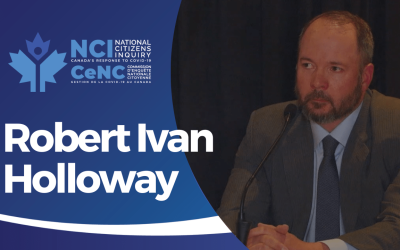I often write about traffic, but seldom practise it. For instance, I avoid rush hour like the plague. I will go miles out of my way (as it were) not to have to commute, whether by public transit or private car.
I consider commuting one of the most futile, irritating and soul-destroying exercises a human being can possibly engage in. Treading water would seem to me a thrilling pastime in comparison. Hang on. I do realize that most people have jobs. What beats me is why they choose to live more than a brisk walking distance from them.
Don't misunderstand me: I don't quarrel with the priorities of those who like having a nice garden, a quiet neighbourhood, or a decent school for their children. They just aren't my priorities. My priority is to put on my jacket and be at my work bench within 10 minutes, even if I have to live in a nearby cave to accomplish it.
Come to think of it, I have lived in quite a few nearby caves for this very reason. True, some of my caves were advertised as "apartments." As I slowly rose in the world, a few even boasted of a doorman and a view. Essentially, however, they were caves, most of them. They were certainly not large enough to swing a cat in, which is why I've never kept a cat. What good is a cat, if you can't swing it?
I know that even this unappealing choice may not be open to many people. When urban development squeezes 90 per cent of all available jobs for two to three million human beings into a few square miles, even the most wretched caves or hovels are priced out of reach. What's worse, most are at a commuting distance, requiring people to spend empty and nerve-wrecking hours in smelly, crowded subways or inching along clogged highways using up precious fossil fuel and breathing in the fumes.
I doubt if this problem can ever be solved by city fathers and mothers, whether they're "reform"-minded or traditional. It can't be solved by banning cars, or improving public transit. Elevated monorails won't solve the congestion, and building more parking lots and better superhighways will only aggravate it. Fixing potholes – well, fixing potholes is a great idea, and it will certainly help Gramps to hang on to his teeth, but much as it may do for dental hygiene, it won't reduce commute times to the downtown core.
Traffic can't be solved by anything that addresses it directly. It can't be solved by traffic studies. It can't be solved by one-way streets or expressways (though some plans may offer a better temporary solution than others.) Since this problem is created by a mode of organization and technology peculiar to the 21st century, ultimately only 21st century organization and technology can solve it.
Simply put, traffic will only be solved by relieving people of the necessity to engage in it. Don't look to the mayor's office for a solution. Don't look to city hall, the Department of Highways, or to the federal Department of Transport. They can't help you. They're last century's institutions, the century that made people go gallivanting all over the place. Look to this century's institutions that will, with a bit of luck, keep people at home. Look to Google-dot-com. Or Amazon-dot-ca. Or Yahoo or eBay.
To repeat something I've often said before, the best solution will be brought about by electronic communications. Fax machines and modems are old hat by now, but e-mail, data-links, video-telephones and other devices that haven't yet been invented will relieve many of us of the necessity of going to work. Or to shop. Going to work or shop someplace, that is, to be physically at a location other than our own living rooms.
Some jobs in administration, banking, education, communication or the civil service could be performed even today by an employee reporting to an electronic work-station in his own home at 9 a.m. (A few jobs, including mine, are already performed this way, though columnists rarely start before noon.)
Though most jobs in industry or service aren't amenable to this solution, many other jobs are, or soon will be. Ottawa, for instance, could become just about devoid of rush-hour traffic within a decade.
This would have one added advantage. If more bureaucrats stayed home, they might start worrying more about their own business, and less about yours and mine.


